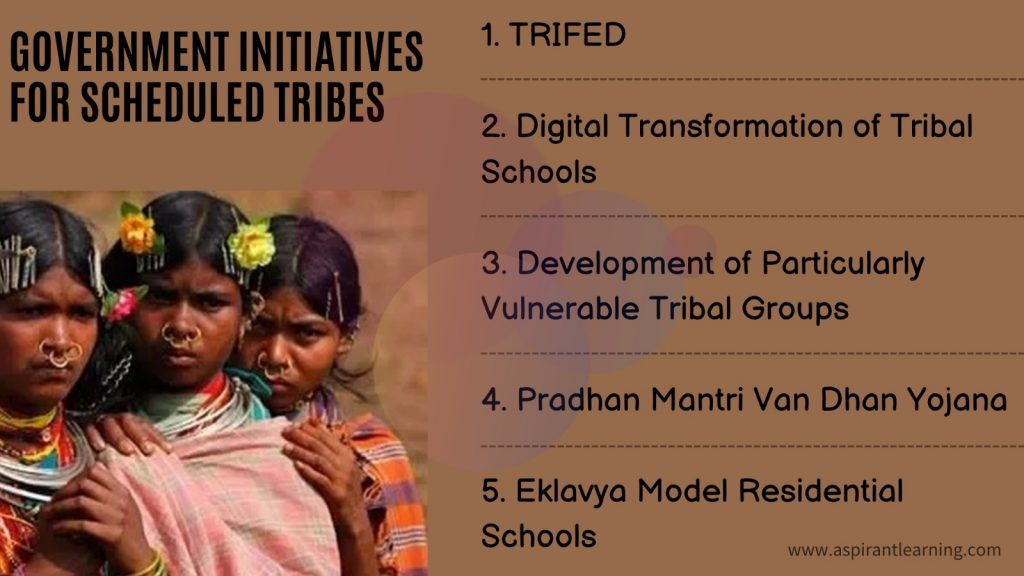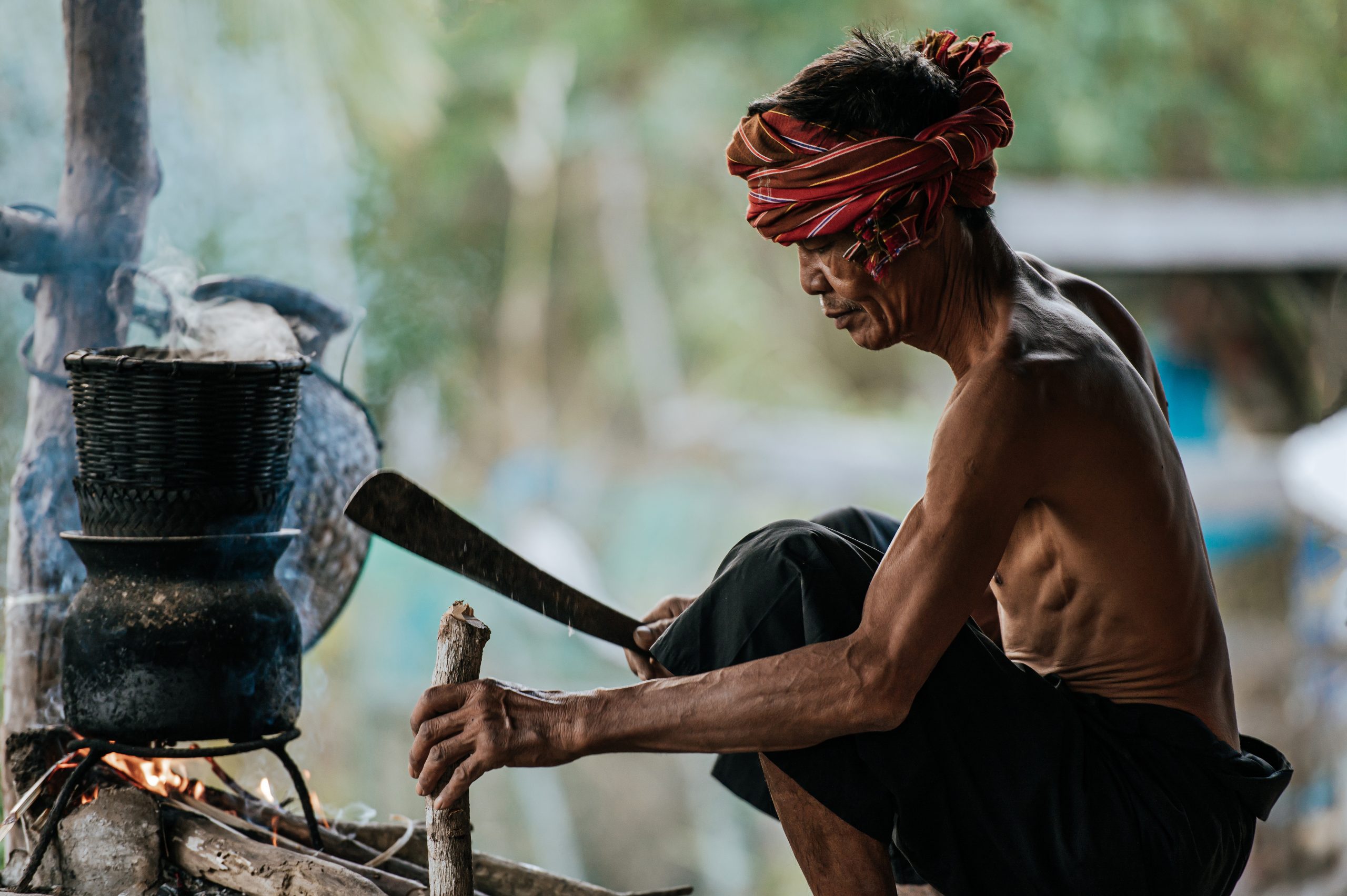News Highlights:
- Over 181 members of the Hakki Pikki tribal community from Karnataka are stuck in violence-hit Sudan.
- The tribe is scattered across the capital city Khartoum and in the Darfur region in western Sudan
Key Takeaway:
- According to the Karnataka State Disaster Management Authority, the Ministry of External Affairs (MEA) has been informed about the status of the tribals in Sudan.
- The stranded people have been advised not to leave their current location and to follow the counsel of the Indian Embassy there.
- India is working closely with other countries to ensure the safety and security of its citizens in Sudan.

Hakki Pikki Tribe:
- About:
- The Hakki Pikki is a semi-nomadic tribe that traditionally engaged in bird catching and hunting.
- It is a Scheduled Tribe in Karnataka, and its origin is said to be an ancestral relation with the legendary Rana Pratap Singh.
- Origination and Settlement:
- The Hakki Pikki tribe is believed to have originated from Gujarat and Rajasthan and migrated to south India via Andhra Pradesh.
- They are primarily found in forest areas across several states in western and southern India, particularly in the Davangere, Mysuru, Kolar, Hassan, and Shivmogga districts of Karnataka.
- The tribe is divided into four clans – Gujaratia, Panwar, Kaliwala, and Mewaras. The names of these entities vary depending on the region; in northern Karnataka and Maharashtra, they are referred to as Mel-Shikari.
- Language:
- They speak ‘Vaagri’ at home, but they speak Kannada for their daily business.
- UNESCO has listed Hakkipikki as one of the endangered languages.
- Traditional occupations:
- Traditionally, the Hakki Pikkis lived in forest areas for nine months a year and returned to their permanent camps for three months. Earlier, men hunted while women begged in nearby villages.
- Due to the implementation of stricter wildlife protection laws, the tribe had to transition from selling wildlife products to marketing other items such as spices, herbal oils, and plastic flowers in nearby temple fairs.
- The herbal oil business took off, and now they sell their products across the globe.
- Migration:
- Hakki Pikkis in Tamil Nadu travelled to Singapore and Thailand about 20-25 years ago and also discovered a huge demand for Ayurvedic products in African countries.
- They started selling their products in Africa, and the Karnataka Hakki Pikkis followed them to Africa to sell their products.
- African countries offer better market opportunities, with the potential for higher returns on investment in raw materials such as hibiscus powder, oil extraction, gooseberry, Ayurvedic plants, etc.
- Rituals and customs:
- They follow Hindu traditions and participate in all Hindu festivals.
- Hakki Pikkis prefer cross-cousin marriages and are non-vegetarians.
- In their society, women hold a higher position, and the usual age for marriage is 18 for women and 22 for men. The groom provides a dowry to the bride’s family, and monogamy is the standard practice.
Pic Courtesy: Freepik
Content Source: The hindu



